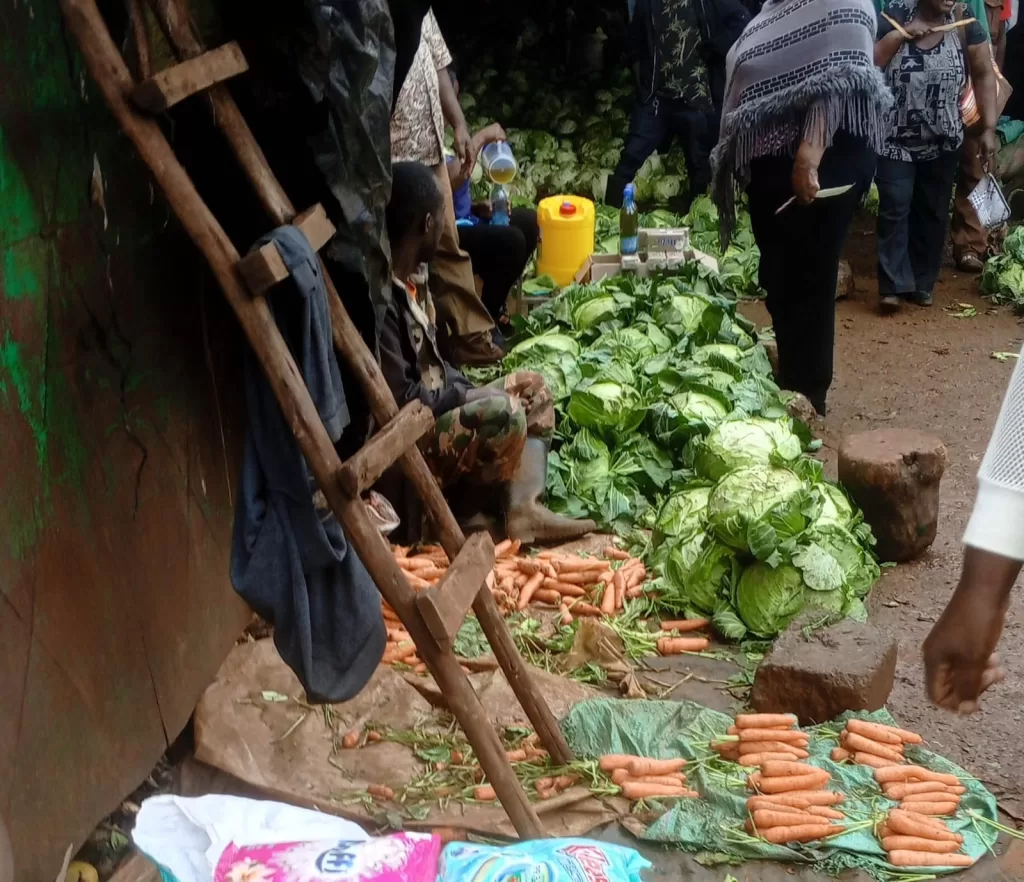
Smallholder farmers are the foundation of global food production despite their significant challenges in accessing markets for their produce. Market access is vital for smallholder farmers as it allows them to sell their products, generate income, and improve their livelihoods. However, barriers such as limited infrastructure, lack of market information, and stiff competition can hinder their ability to access markets effectively. In this article, we will delve into the opportunities and challenges related to market access for smallholder farmers, focusing on Profama’s initiatives to support them in overcoming these obstacles and thriving in the agricultural sector.
Opportunities for Market Access
One of the significant opportunities for smallholder farmers is the growing demand for organic and locally produced food. Consumers increasingly seek fresh, organic, and sustainably produced food, creating a market niche for smallholder farmers. Additionally, the rise of farmers’ markets, community-supported agriculture (CSA) programs, and online marketplaces provide smallholder farmers with alternative avenues to sell their produce directly to consumers.
Furthermore, government policies and programs that support smallholder farmers, such as subsidies, credit facilities, and market linkages, can also create opportunities for them to access markets more effectively. Profama recognizes these opportunities and works to support smallholder farmers in accessing markets and increasing their income.
Challenges in Market Access
Despite these opportunities, smallholder farmers face several challenges in accessing markets. Limited access to transportation, infrastructure, and market information often restricts their ability to reach buyers and obtain fair prices for their produce. Additionally, smallholder farmers may lack the skills and knowledge to market their products effectively and negotiate with buyers.
Moreover, smallholder farmers often face stiff competition from giant agribusinesses and middlemen, who may dominate local markets and offer lower prices for their produce. As a result, smallholder farmers may struggle to earn a fair income from their farming activities, leading to poverty and food insecurity.
Profama’s Efforts to Support Smallholder Farmers
Profama is committed to supporting smallholder farmers in overcoming these challenges and accessing markets more effectively. Our organization provides smallholder farmers with training, resources, and market linkages. This helps smallholder farmers improve their marketing skills and reach buyers more efficiently.
Through initiatives such as capacity-building programs, access to finance, and market development projects. Profama empowers smallholder farmers to access markets more effectively and improve their livelihoods. By connecting smallholder farmers to markets, Profama helps them increase their income, reduce poverty, and improve their food security.
Conclusion
In summary, market access is crucial for smallholder farmers to thrive and improve their livelihoods. Smallholder farmers face numerous challenges accessing markets, including limited infrastructure, lack of market information, and stiff competition. However, organizations like Profama are vital in supporting smallholder farmers. By addressing these challenges and providing them with opportunities to access markets effectively.
By connecting smallholder farmers to markets, Profama supports the farmers themselves and contributes to sustainable agriculture and food security. Supporting smallholder farmers in accessing markets is essential for promoting inclusive and sustainable development in the agricultural sector.

